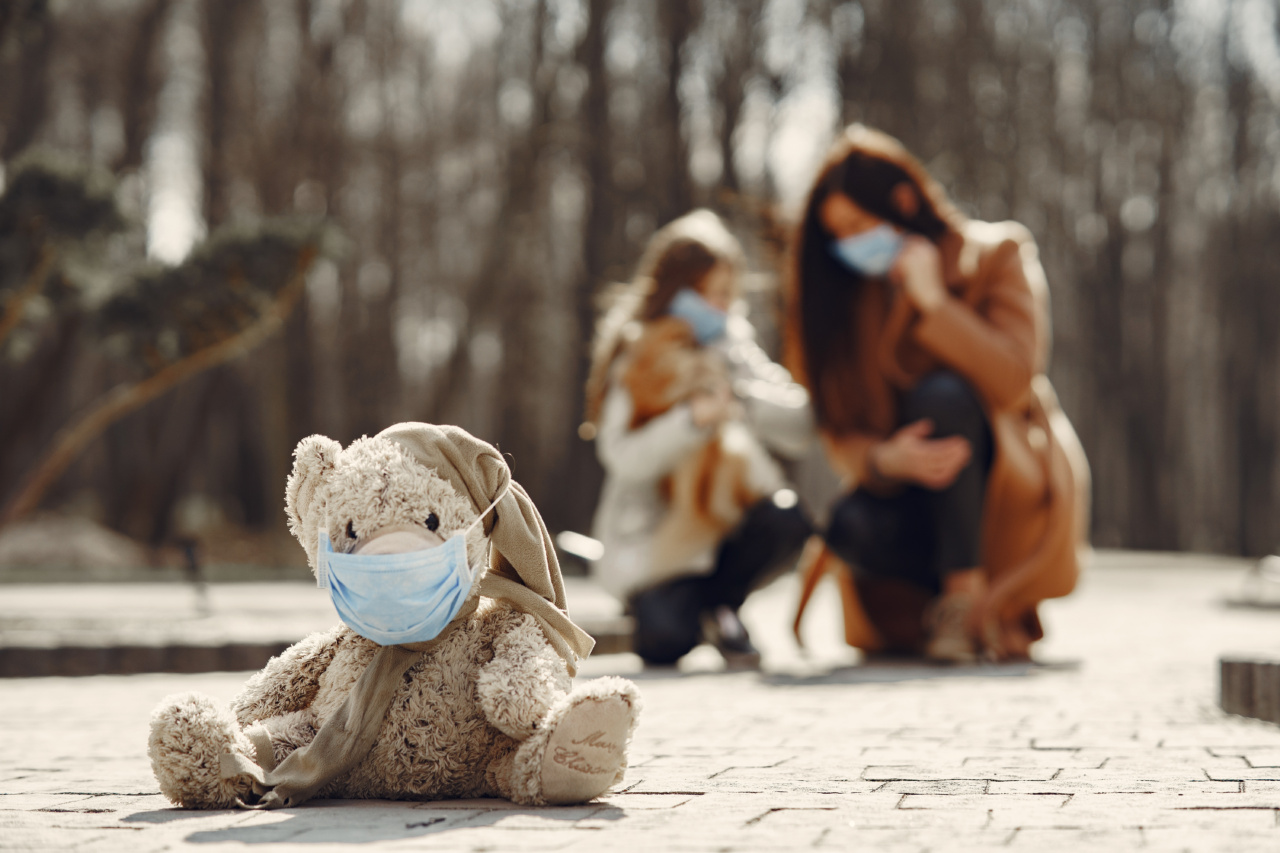The holiday season is a time of joy and festivity, but it can also bring with it its fair share of hazards and allergens. From Christmas trees to holiday decorations to delicious food, there are many potential triggers for allergies and safety concerns.
However, with a little extra precaution and awareness, you can ensure a safe and allergy-free holiday season for you and your loved ones. In this article, we will explore some essential tips to keep in mind during this festive time.
1. Selecting the Perfect Christmas Tree
For many, the centerpiece of holiday decorations is the Christmas tree. However, if you or your family members suffer from tree pollen allergies, this can pose a significant challenge.
To minimize exposure to allergens, consider opting for an artificial tree. Artificial trees are a great alternative as they do not release pollen and are generally hypoallergenic. If you prefer a real tree, choose a variety with low allergenicity such as a fir or spruce.
2. Avoiding Allergic Reactions to Decorations
While festive decorations add charm to the holiday season, they can also harbor dust, mold, and other allergens. Before placing decorations in your home, give them a good wipe or wash to remove any accumulated dust or mold.
Additionally, be mindful of artificial snow sprays and aerosolized scents as they can trigger respiratory allergies. Opt for natural alternatives or fragrance-free options to keep your airways clear.
3. Safely Lighting up Your Home
Nothing sets the holiday mood quite like twinkling lights, but they can present safety hazards if not handled properly. Here are some tips to stay safe while illuminating your home:.
- Inspect all lights before use, checking for frayed wires or broken bulbs.
- Do not overload electrical sockets or extension cords.
- Turn off lights when leaving the house or going to bed.
- Avoid using damaged or outdoor lights indoors.
- Consider switching to LED lights, as they are cooler and more energy-efficient.
4. Taking Precautions with Candles
Candles create a cozy and warm atmosphere during the holidays, but they also pose fire hazards. To ensure safety, follow these guidelines:.
- Never leave candles unattended.
- Keep candles away from flammable items.
- Place candles on flat and stable surfaces.
- Consider using flameless LED candles for a safer alternative.
5. Handling Food Allergies at Gatherings
Holiday gatherings are often filled with a variety of mouthwatering treats and dishes. If you or someone you know has food allergies, it’s crucial to be vigilant. Here are some steps to take:.
- Communicate your dietary restrictions to the host in advance.
- Bring a dish that suits your dietary needs, ensuring you have a safe option.
- Read labels carefully to identify potential allergens in packaged foods.
- Avoid cross-contamination by using separate utensils, plates, and serving areas.
- Ask about ingredients in homemade dishes to avoid any hidden allergens.
6. Managing Indoor Air Quality
Ensuring good indoor air quality is essential for everyone’s health and comfort, especially during the holiday season when we spend more time indoors. Here are some tips:.
- Regularly clean and vacuum to minimize dust accumulation.
- Change air filters in your HVAC system regularly.
- Use air purifiers to remove allergens and improve air quality.
- Avoid smoking indoors or exposure to secondhand smoke.
- Keep humidity levels in check to prevent the growth of mold and mildew.
7. Traveling with Allergies
If you’re planning to travel during the holidays, it’s crucial to be prepared and proactive in managing your allergies. Consider the following:.
- Pack necessary medications and allergy relief products.
- Research your destination for potential allergens and pollution levels.
- Book allergy-friendly accommodations, if available.
- Carry hypoallergenic bedding or pillow covers if you have sensitivities.
- Inform your travel companions about your allergies and emergency procedures.
8. Ensuring a Safe Environment for Children
The holiday season can be particularly exciting for children, but it’s essential to create a safe environment for them to enjoy. Here are some child-proofing tips:.
- Avoid using small decorations or ornaments that can be choking hazards.
- Secure heavy decorations and fragile items to prevent accidents.
- Keep wrapping materials, batteries, and other small objects out of reach.
- Make sure electrical outlets are child-proofed.
- Supervise young children around candles or open flames.
9. Managing Stress and Asthma
The holiday season can be stressful, and stress may exacerbate asthma symptoms. It’s important to prioritize self-care and manage stress effectively. Here’s what you can do:.
- Take breaks and engage in activities that help you relax.
- Practice deep breathing exercises to calm your respiratory system.
- Stay physically active to maintain healthy lung function.
- Get enough sleep to support your immune system.
- Stay hydrated to prevent respiratory irritation.
10. Recognizing Anaphylaxis Symptoms
Lastly, it’s crucial to be aware of the signs of anaphylaxis, a severe and potentially life-threatening allergic reaction.
If you or someone around you experiences the following symptoms after exposure to an allergen, seek immediate medical attention:.
- Difficulty breathing or wheezing
- Swelling of the face, lips, tongue, or throat
- Hives or rapidly spreading rash
- Vomiting or diarrhea
- Weakness or dizziness
Remember, preparedness and knowledge are key to staying safe and allergy-free this holiday season. By following these tips and being mindful of potential allergens and safety hazards, you can ensure a joyful and worry-free celebration for all.
Wishing you a happy and healthy holiday season!.































